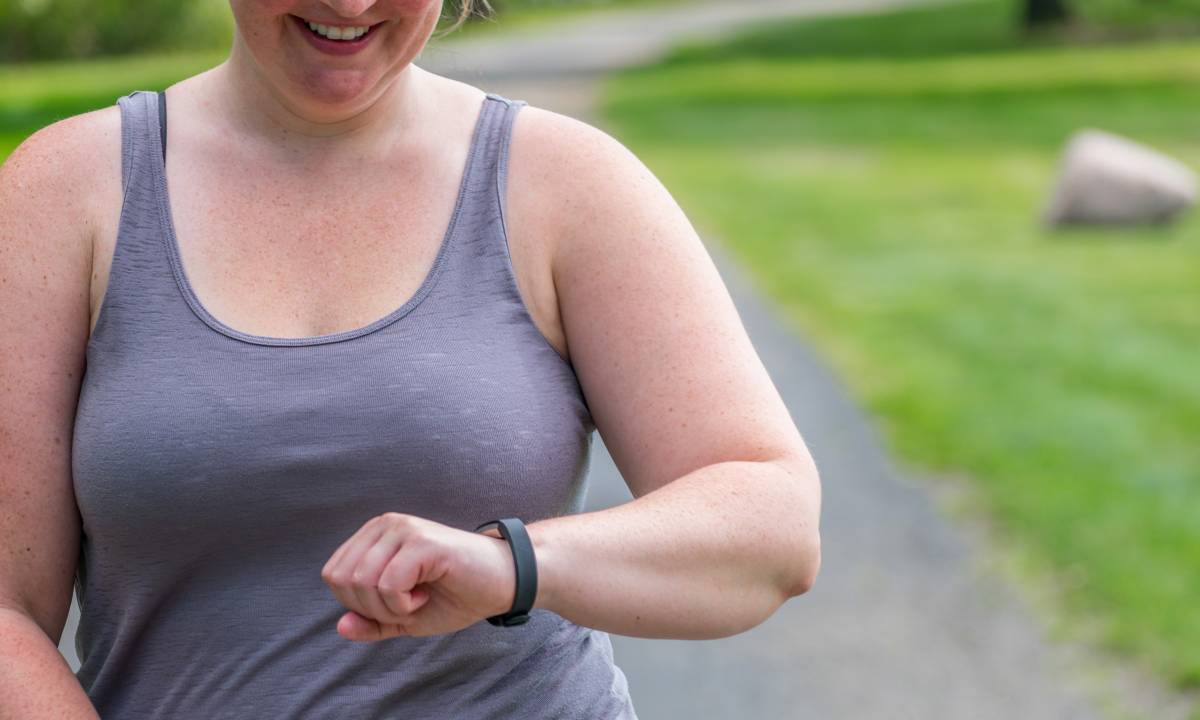Wearable fitness trackers and step counters help overweight and obese to lose weight
People who are overweight and those with weight-related health conditions reap dividends from wearing fitness trackers and step counters, according to an online, peer reviewed British Journal of Sports Medicine article.
The article, written by a team led by Daniel J McDonough from the University of Minnesota Twin Cities in Minneapolis, is based on a pooled data analysis of the existing evidence.

Background facts
More than 1.9 billion adults worldwide are said to be overweight, with a body mass index (BMI) of 25 or more. Another 600 million, whose BMI is at least 30, are obese, the article states.
In any one year in the USA, health conditions linked to excess weight are deemed to be responsible for about 70 per cent of deaths and make up 85 per cent of healthcare costs.
Just 5 per cent of adults in the USA meet recommended physical activity levels, while those who are overweight/obese and/or who have weight-related health conditions are even less likely to do so, Mr McDonough and his colleagues state.
31 clincial trails explored
The researchers explored whether fitness trackers and step counters help people who are overweight (and those with associated health problems) to shed pounds and reduce their overall BMIs. To this end, they conducted a systematic review of the findings from 31 relevant clinical trials and pooled the data.
The trials, involving 2,268 people, were published from 2007 to 2020 and looked at the impact of commercially available wearable fitness trackers and research grade wearable motion sensors (pedometers) and accelerometers.
The participants’ conditions included:
- cancers
- type 2 diabetes
- coronary artery disease
- metabolic syndrome
- high cholesterol levels
- sleep apnoea
The trackers included the Fitbit, SenseWear Armband, Jawbone, Polar smartwatches, Samsung Charm, FitMeter and Withings Pulse as well as various wearable motion sensors.
It emerged that all types of wearable devices helped their users lose weight and reduce their BMIs. Interventions lasting at least 12 weeks seemed to produce the best results.
Reminder to 'get up and move'
Commercial wearable fitness trackers ... represent a practical option for people who are overweight/obese and who have weight-related conditions [the research team]
In commenting on their findings, the research team stated: ‘While research grade step counters and accelerometers aren't available to the public, commercial wearable fitness trackers are, and represent a practical option for people who are overweight/obese and who have weight-related conditions.’
This is because they ‘allow users to set and track [physical activity] … and provide constant reminders to get up and move to achieve these goals, which promotes self-monitoring and self-regulation’.
A loss of just a few kilos can make a significant difference, the authors add. ‘This loss of body weight is clinically meaningful in that only modest reductions in body weight (5–10 per cent) and BMI have been shown to attenuate adverse health effects associated with overweight/obesity and related comorbidities.’
For the full version of the article, titled Health wearable devices for weight and BMI reduction in individuals with overweight/obesity and chronic comorbidities: systematic review and network meta-analysis, visit: https://bjsm.bmj.com/lookup/doi/10.1136/bjsports-2020-103594
Author: Ian A McMillan
Share it with














